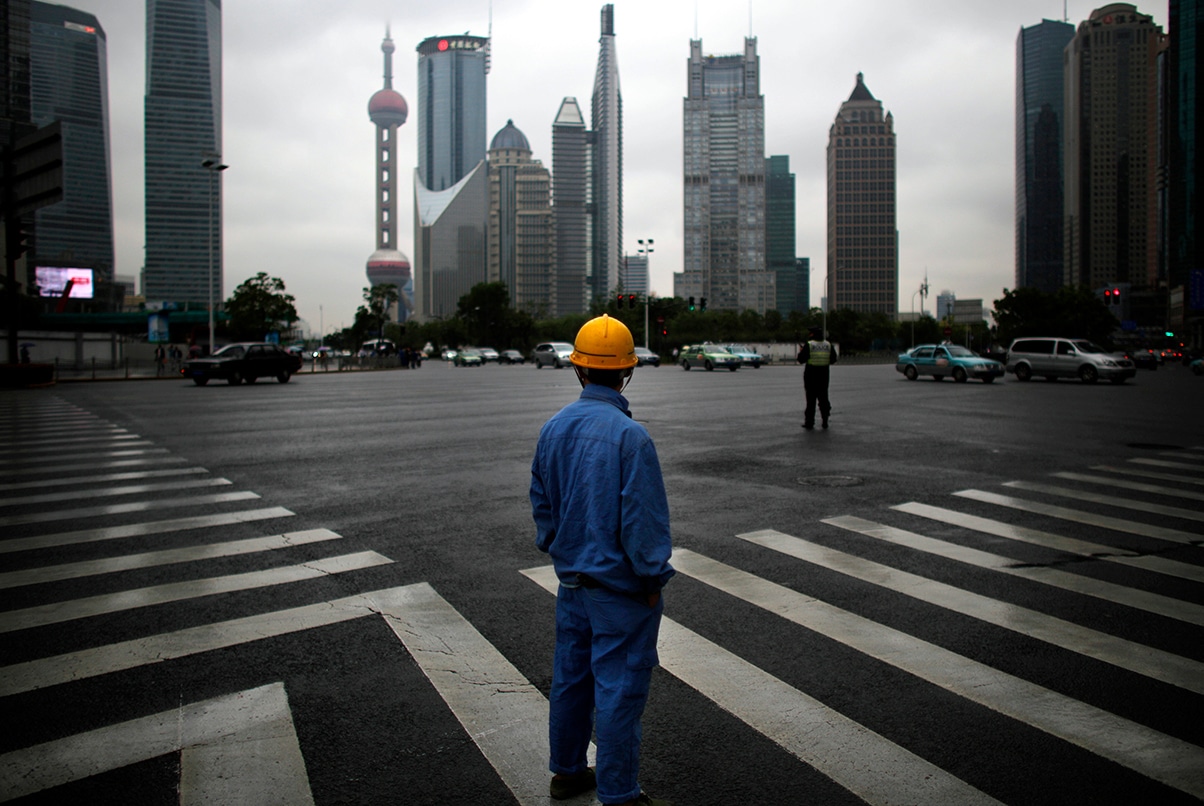- December 3, 2012
Improving China’s Municipal Finance
Despite an inauspicious start, China’s spectacular economic growth performance seems prima facie evidence that the government has managed the urbanization process well enough. New cities have cropped up. Existing cities have expanded. City centers have been renovated and modernized, infrastructure built, and urban facilities appear to be keeping up with demand. Visitors to China fly into world-class airports and are whisked into town on multi-lane expressways. The cities are crisscrossed by wide boulevards, and China is setting world records in the pace at which subway lines are being built.
Behind this shiny façade, however, lies a more complex story. The system of public finance for municipalities is in tatters and in need of urgent repair. It encourages too much investment and imposes too little monitoring and control on decision-makers, producing inefficient, risky behavior that has brought a host of microeconomic and macroeconomic problems.
Stay Updated with MacroPolo
Get on our mailing list to keep up with our analysis and new products.
Subscribe

